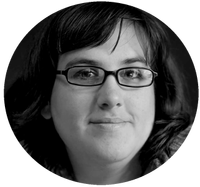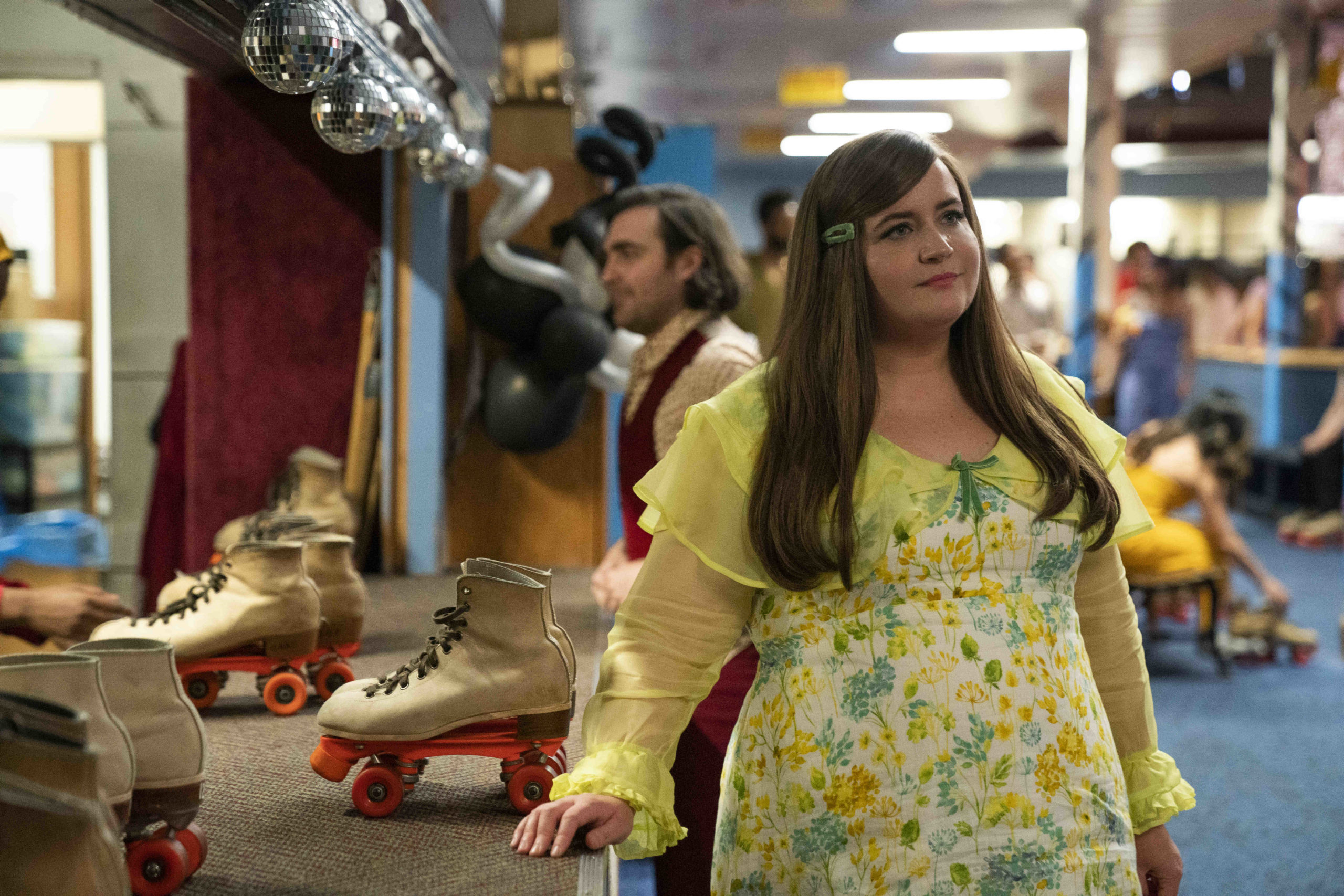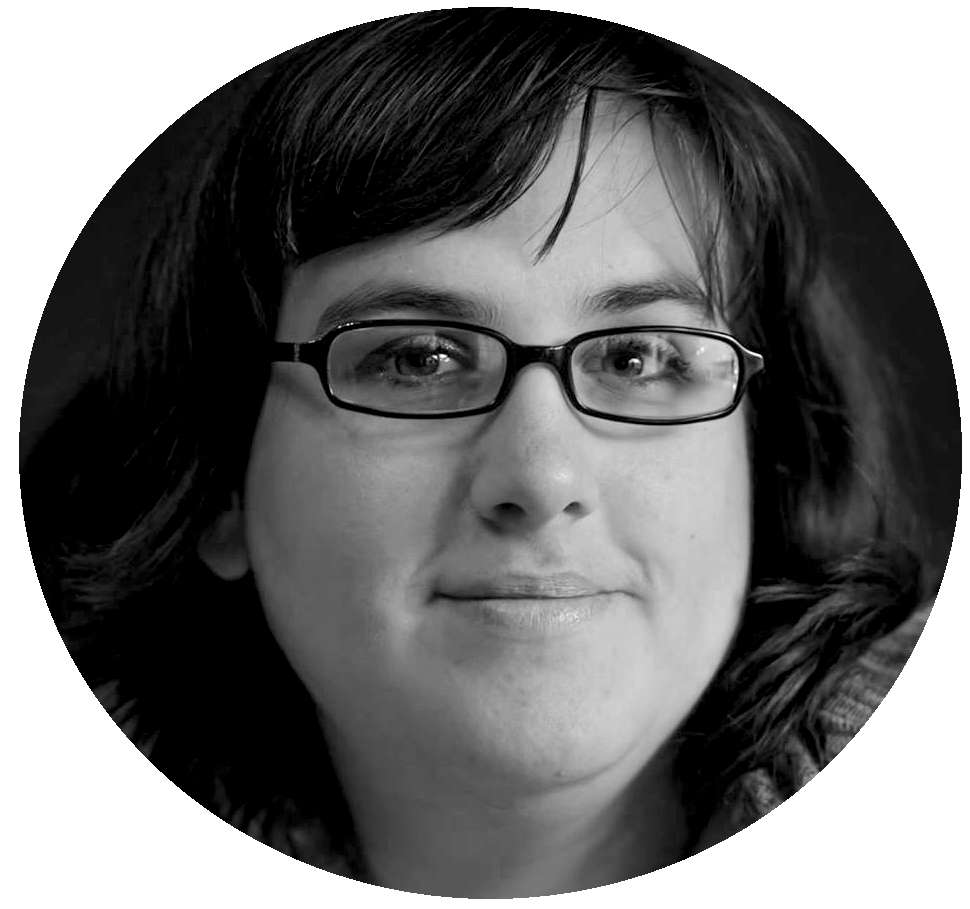Shrill normalizes fat people, and that's a good thing
As season two rolls out, a look at why this show is so radical and refreshing


A free daily email with the biggest news stories of the day – and the best features from TheWeek.com
You are now subscribed
Your newsletter sign-up was successful
Shrill's second season opens with its heroine, Annie Easton (Aidy Bryant), sprinting through the night after hurling a flowerpot through the window of her online troll's prized SUV. This vision of a fat woman's body, animated by an adrenalized, exhilarated grace and fury — not a guilty impulse to sweat herself svelte — continues Annie's story of seismic self-revelation. Her body is not unlike my body: Both of us require liberal amounts of chub rub to make it through summer skirt season. We are women who Peter Paul Rubens would paint and Jillian Michaels would punish. Women who look like me on-screen are usually contestants on The Biggest Loser or cautionary sad sacks like This is Us' Kate Pearson (Chrissy Metz), whose main arcs are downward spirals of weight-related shame and surges of determination to finally get thin.
Resisting this narrative about how exactly fat women should be has been deeply lonely and profoundly liberating — sometimes, all at once. Lindy West, whose memoir gives Shrill its name and its plump pumping fist of a heart, is a spiritual Sherpa for me and other aspiringly self-possessed fat women. The show's first season, which debuted in March 2019, felt like a road map of my own escape from a death of a thousand micro-aggressions: Annie tells off rude strangers online or on the street and calls out her mother for a lifetime of diet talk; demands that the scruffily hunky dude who asks her to leave their trysts through the backdoor treat her like a real girlfriend; and avenges herself against her size-biased boss, who says he's only "concerned for her health," by publishing a cri de Couer called "Hello, I'm Fat," and then quitting. The first season is unabashedly about Annie deciding that she will no longer live a stunted half-life spent apologizing for her body — that she will take up as much space as she damn well pleases. She will be fat and loud.
In this regard, Shrill isn't solely indebted to its source memoir. It shares thematic kinship and riot grrl ethos with Sarai Walker's Dietland, which also brings its plus-size heroine, Plum, to the point where she can either choose to starve herself in body and spirit or find abundance in cathartic rage. But Dietland the novel ends with this catharsis (the series was canceled right as Plum takes up with an all-woman paramilitary squad). If Shrill had ended for good as Annie flees the sound of breaking glass, all I would have ever seen on-screen is a cartography of my own anger — never a sense of how to live beyond it.
The Week
Escape your echo chamber. Get the facts behind the news, plus analysis from multiple perspectives.

Sign up for The Week's Free Newsletters
From our morning news briefing to a weekly Good News Newsletter, get the best of The Week delivered directly to your inbox.
From our morning news briefing to a weekly Good News Newsletter, get the best of The Week delivered directly to your inbox.
Fortunately, Shrill returns to answer the question of what can grow in the broken-open earth of a life. If last season hinged on grand moments of epiphany — like the Venusian pool party of fat babes in teeny-weeny bikinis — this season finds Annie taking subtler, though no less significant steps, to evolve as a writer, partner, and friend. Annie's relationship to her body, which was the main verse of Shrill's inaugural season, now becomes a familiar chord humming in the background. She finds her groove as a journalist and owns her ambition, even if it means tempering her pride. She comes to accept that her mother isn't a tireless caregiver or a constant scold, just a mortal, loving woman who still gets tired and cranky. She questions whether her lover's obvious affection for her can overcome their intellectual incompatibility. Much of her arc this season is remarkable precisely because it's not remarkable — at least, not when it belongs to thin, or "straight size" heroines.
Annie's desire to see her darling, but dim-bulb, boyfriend apply himself and hold down a job wouldn't be out of place on New Girl or Crazy Ex-Girlfriend. Her complicated relationship with a brilliant yet prickly mentor who can enrage and inspire her carries echoes of Peggy Olson. Even Annie's Rubenesque best friend, Fran (Lolly Adefope), inhabits a storyline that could easily appear on The L Word: Generation Q, where the woman who has floated from lover to lover must finally hit the ground, and, in growing up, heal the old aches from coming out to her mother. Giving Annie and Fran normal, "straight size" problems, means that, well, they're normal people. Their lives don't orbit around their fatness. Normalizing fat bodies is a radical act — especially when the term obesity epidemic practically comes with its own scare quotes; fitness experts like Michaels publicly concern-troll Lizzo's health (never mind that Lizzo 100 percent dances and plays wind instruments on stage for many hours multiple times a week); and most of the fat women we see on screen are either relegated as token best friends or foregrounded in their desperation to lose weight.
Shrill still delivers robust barbs against sizeism — this season skewers the capitalist hollowing-out of "body positivity" — while demonstrating that Annie also has a life of challenges and choices beyond her weight. She worries about readers finding her writing, or whether her father will remain healthy. Her body isn't the site of neurotic fixation, it is the vessel that carries her through the world. No more, no less. Just like anyone else. Just like me. I know how terrifying it is to leap out of the ever-whirring hamster wheel of diet culture. I hit my own breaking point, sick of diet shakes and powders that tasted like paste; tired of feeling like my life was over before I turned 30, just because I'll never be thin. When I started to pursue the life I wanted — full of rich foods and other pleasures, loving friends, and a career that excited me — I realized, with a blazing, incandescent clarity, that I'd been duped into hating myself for far too long.
But my anger doesn't absolve me from having to live in the world. I can't throw a flowerpot through every car window. Nowadays, my resistance is believing that I can be creatively and professionally fulfilled, that I can find community, and yes, even love. I already know how hard it is to be a fat woman. I want to see something else, the full spectrum of everyday experiences finally filtered through someone who looks like me. Shrill season two gives me something more valuable than more rage; it allows me, all of me, to be seen.
A free daily email with the biggest news stories of the day – and the best features from TheWeek.com
Want more essential commentary and analysis like this delivered straight to your inbox? Sign up for The Week's "Today's best articles" newsletter here.
Laura Bogart is a featured writer for Salon and a regular contributor to DAME magazine. Her work has appeared in The Atlantic, CityLab, The Guardian, SPIN, Complex, IndieWire, GOOD, and Refinery29, among other publications. Her first novel, Don't You Know That I Love You?, is forthcoming from Dzanc.
-
 Why is the Trump administration talking about ‘Western civilization’?
Why is the Trump administration talking about ‘Western civilization’?Talking Points Rubio says Europe, US bonded by religion and ancestry
-
 Quentin Deranque: a student’s death energizes the French far right
Quentin Deranque: a student’s death energizes the French far rightIN THE SPOTLIGHT Reactions to the violent killing of an ultraconservative activist offer a glimpse at the culture wars roiling France ahead of next year’s elections
-
 Secured vs. unsecured loans: how do they differ and which is better?
Secured vs. unsecured loans: how do they differ and which is better?the explainer They are distinguished by the level of risk and the inclusion of collateral
-
 Walter Isaacson's 'Elon Musk' can 'scarcely contain its subject'
Walter Isaacson's 'Elon Musk' can 'scarcely contain its subject'The latest biography on the elusive tech mogul is causing a stir among critics
-
 Welcome to the new TheWeek.com!
Welcome to the new TheWeek.com!The Explainer Please allow us to reintroduce ourselves
-
 The Oscars finale was a heartless disaster
The Oscars finale was a heartless disasterThe Explainer A calculated attempt at emotional manipulation goes very wrong
-
 Most awkward awards show ever?
Most awkward awards show ever?The Explainer The best, worst, and most shocking moments from a chaotic Golden Globes
-
 The possible silver lining to the Warner Bros. deal
The possible silver lining to the Warner Bros. dealThe Explainer Could what's terrible for theaters be good for creators?
-
 Jeffrey Wright is the new 'narrator voice'
Jeffrey Wright is the new 'narrator voice'The Explainer Move over, Sam Elliott and Morgan Freeman
-
 This week's literary events are the biggest award shows of 2020
This week's literary events are the biggest award shows of 2020feature So long, Oscar. Hello, Booker.
-
 What She Dies Tomorrow can teach us about our unshakable obsession with mortality
What She Dies Tomorrow can teach us about our unshakable obsession with mortalityThe Explainer This film isn't about the pandemic. But it can help viewers confront their fears about death.
